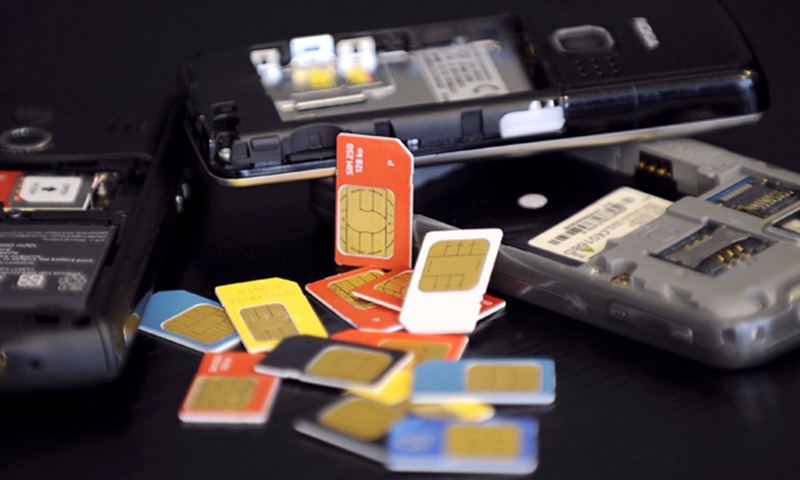A major financial fraud has come to light in which a citizen’s bank account was drained of Rs85 lakh through the use of a duplicated SIM card. The National Counter Cybercrime and Investigation Agency (NCCIA) is currently investigating the incident, which exposes serious vulnerabilities in mobile and digital banking security.
How the Fraud Was Executed
The case unfolded on the night of September 29, when Sunil Kumar, a resident of the city, suddenly lost mobile network access. Alarmed, he visited a franchise of his mobile service provider to resolve the issue. There, it was discovered that a duplicate SIM card had been issued in his name from Hyderabad, far from his location.
This SIM card was linked to his bank account, allowing cybercriminals to conduct over 100 fraudulent transactions. The total amount illegally withdrawn from his account reached Rs85 lakh, transferred to multiple accounts across the country.
Investigators believe the fraud was carefully planned, targeting both the mobile and banking systems simultaneously. “This was not a random theft,” said an NCCIA spokesperson. “The perpetrators exploited loopholes in digital banking and mobile verification processes to carry out a highly organized cyber-financial crime.”
Role of Mobile Company and Banking Institutions
Initial NCCIA investigations reveal that the mobile service provider issued the duplicate SIM card without biometric verification, which is a critical breach of standard procedures. Such lapses allowed the fraudsters to gain access to Sunil Kumar’s account with minimal effort.
The NCCIA has formally requested detailed records from both the private bank and the mobile company. These include:
-
Login history and IP addresses used for the transactions
-
Device information including IMEI numbers
-
Call logs and location data
-
Bank standard operating procedures
-
Identification of the individual who purchased the duplicate SIM
-
Details of the mobile franchise that issued the SIM
The agency stresses that cooperation from these institutions is essential to identify all parties involved. So far, full assistance has not been provided, complicating the investigation.
Cybercrime Context in the Region
Frauds involving duplicated SIM cards are a growing concern worldwide. According to recent reports, cybercriminals increasingly exploit weaknesses in mobile verification and digital banking to commit large-scale financial theft. In many cases, victims are unaware until their accounts are drained, highlighting the need for stricter security protocols.
Digital banking, while convenient, can become a target when proper authentication is bypassed. Experts suggest that multi-factor authentication, biometric verification, and constant transaction monitoring are key to preventing such attacks.
Legal Proceedings and Ongoing Investigations
The NCCIA has submitted its preliminary report to the courts. Investigators are now working to trace the flow of funds and gather conclusive evidence against the culprits. Authorities warn that the case involves multiple actors and may span across different jurisdictions, given the involvement of a distant city in the SIM issuance.
“The goal is to hold all responsible parties accountable, from the SIM issuer to the individuals executing the financial fraud,” the agency noted.
Sunil Kumar’s case serves as a cautionary tale for account holders and mobile users alike. The NCCIA continues to urge citizens to regularly monitor banking activity and report any irregularities immediately.















